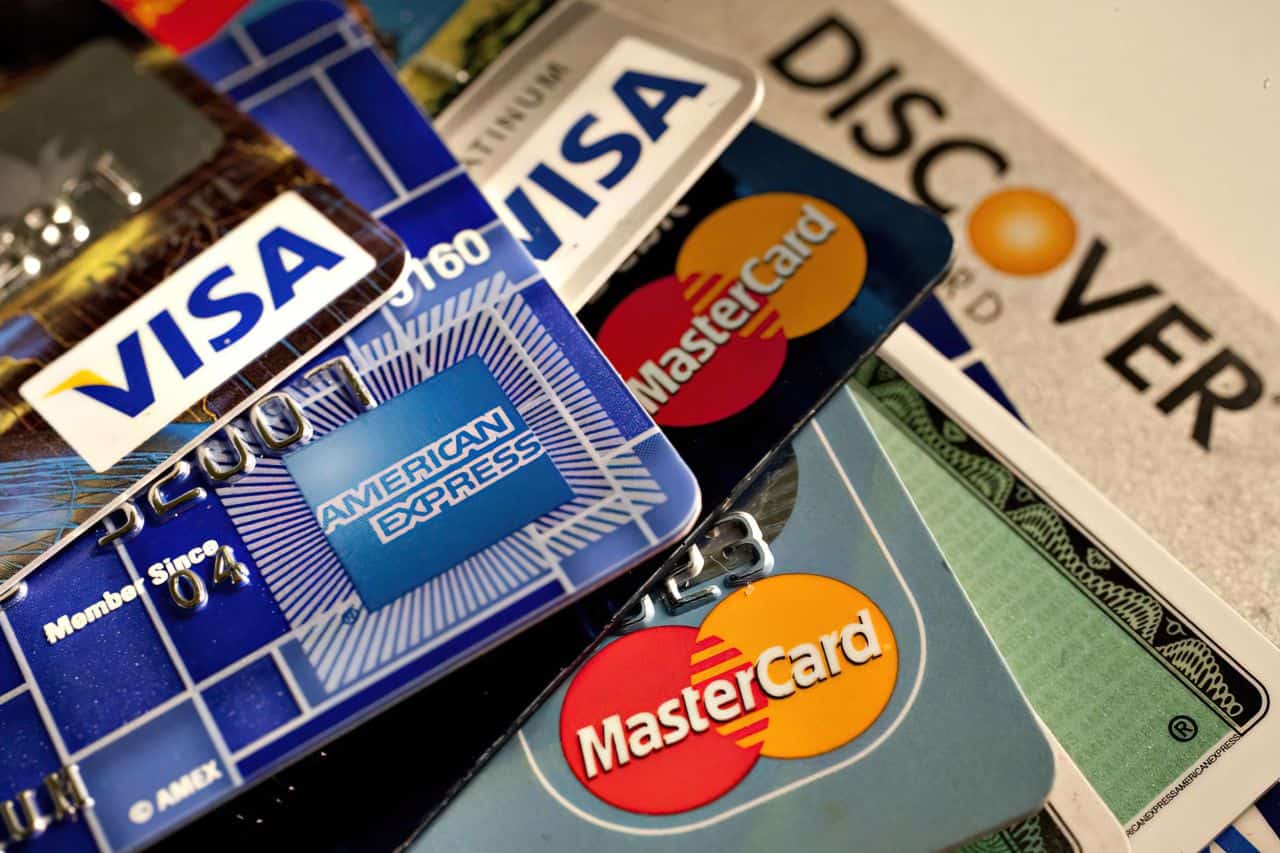Starting a business can cost a penny that you can’t conceivably fund through bootstrapping. That partly explains why some startups revert to using microlending options.
In 2020, 67% of business owners used a business credit card, while 43% applied for a loan, according to Fundera. But how do you choose one financing option over the other? Here’s a look at which microloan, between a business credit card and a business loan, is best for your business.
What is the difference between a credit card and a loan for small businesses?
Credit cards and loans are the most feasible funding options for a small business startup.
A loan offers a lump sum of money at once, which you pay back monthly until you clear your debt. Meanwhile, a business credit card is a line of credit that you can access anytime in small units, provided you don’t exceed the limit. You must offset the balance before accessing the funds afresh.
What are the pros and cons of using a credit card for your small business?
Pros
- Readily available: You can quickly get business credit if you already have a personal credit card. Having a good credit score and history is a shoo-in for approval.
- Revolving credit: It enables you to finance your business continuously. After paying the sum borrowed, you can access the funds without applying afresh.
- Tracking expenses: The credit card will help monitor costs for account management and tax purposes.
- Rewards: A credit card might offer discounts and cashback when using the card at specific vendors.
Cons
- Sole liability: You are solely responsible for all the expenses made with the card, not the business.
- Expensive: Business credit cards typically charge high-interest rates. Their late fee penalties are also excessive.
What are the benefits and cons of using a loan for your small business?
Pros
- Good for microfinancing: A business loan has lower interest rates than credit cards.
- Cash flow boost: They allow you to meet the payroll and purchase new equipment when your small business has irregular cash flow.
- Keep ownership: You will maintain ownership of the business as you won’t have to surrender shares of your company to investors to get money to finance it.
Cons
- Paperwork: Traditional lenders will require you to file a lot of paperwork when applying for a loan. You must furnish documents such as tax returns for the last three years, financial statements, credit score, and business plan.
- Collateral: The lender may need you to provide personal assets before giving you the loan, which they will sell if you default on payments.
How do you decide which one to get for your small business?
Credit cards are better in the following circumstances:
- Ongoing expenses: Once you pay a credit card debt, you can access the same credit limit without reapplying, perfect if you have recurrent costs.
- Building business credit: A credit card will boost your business credit status when the lenders see you have a good credit utilization ratio.
- Interest rates: Some credit card lenders may offer 0% interest rates for 9-12 months so that you can repay the loan minus the interest
On the other hand, consider a loan in the following instances:
- Tight cash flow: Since they have small interest rates, they are best when getting microloans on a tight budget
- Need a colossal lump sum: Business loans are often considerable sums, so they are the best option when you want to use the money to buy costly business equipment.
- Long-term investments: Loans are best for financing long-term investments since they have fixed interest rates that you only repay once a month.
Final word
Business cards and loans are the best microfinancing options when looking to fund your business startup. But depending on your business needs, one option will likely be more suitable than the other.
You should consider bank loans over credit cards if you need large sums of money at lowered and fixed interest rates. As for business credit cards, they are best if you need to access funds quickly. In addition, credit cards are great when you need to monitor expenses and settle ongoing costs.

